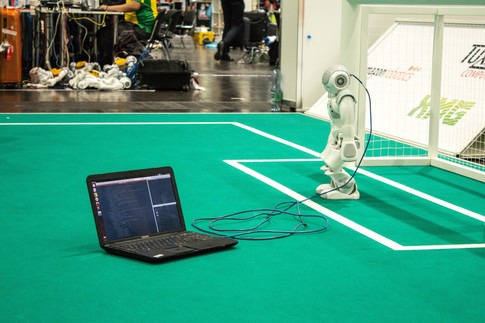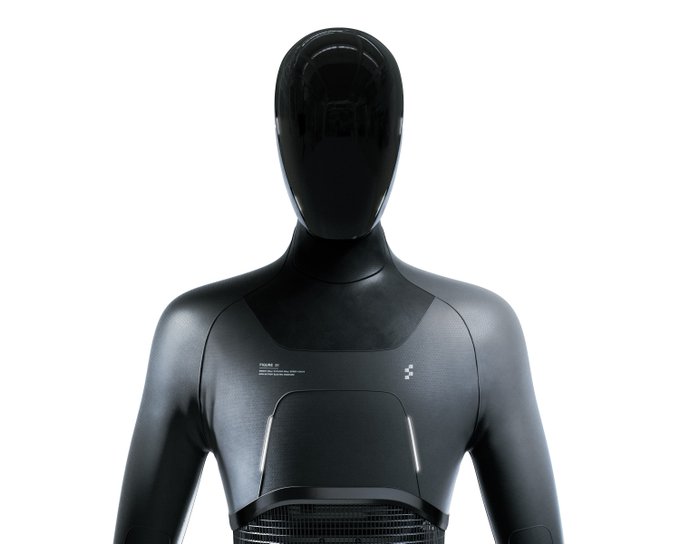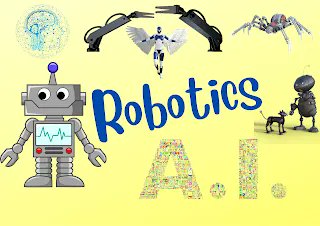- The complexities of football make it a challenging feat for artificial intelligence and autonomous technologies.
- The International RoboCup Federation organises robot football matches and publishes scientific papers on machine learning.
- Experts note that advances in robotic football have significant implications for other forms of automation.
In 1997, a computer programme named Deep Blue beat the world’s reigning chess grandmaster, Garry Kasparov, in a highly publicised, multi-day chess match. Enthusiasts have debated the fairness of the game, but the computer’s victory was a major milestone for machine learning.
Today, researchers have been using another game to advance artificial intelligence (AI) and automation: football.
The agility, strategy and teamwork required in football makes the beautiful game a challenging and fruitful feat for AI and autonomous technologies. The International RoboCup Federation, which organises robotic football tournaments around the world, has long been leading such efforts.
“RoboCup is a very special, uniquely inspiring event,” said Peter Stone, the former RoboCup president and the executive director of Sony AI America, an AI development and research company. “It merges long-term, ambitious thinking about how AI and robotics will change the world with practical, immediate considerations regarding how to design, build and program prototype, custom-built robots to sense, decide and act.”
Mots-clés : cybersécurité, sécurité informatique, protection des données, menaces cybernétiques, veille cyber, analyse de vulnérabilités, sécurité des réseaux, cyberattaques, conformité RGPD, NIS2, DORA, PCIDSS, DEVSECOPS, eSANTE, intelligence artificielle, IA en cybersécurité, apprentissage automatique, deep learning, algorithmes de sécurité, détection des anomalies, systèmes intelligents, automatisation de la sécurité, IA pour la prévention des cyberattaques.






